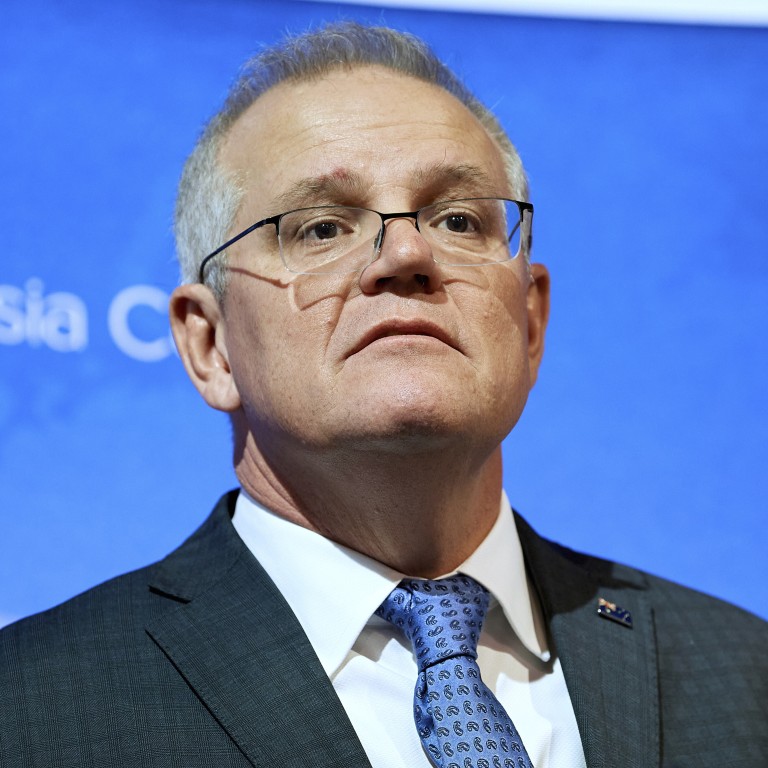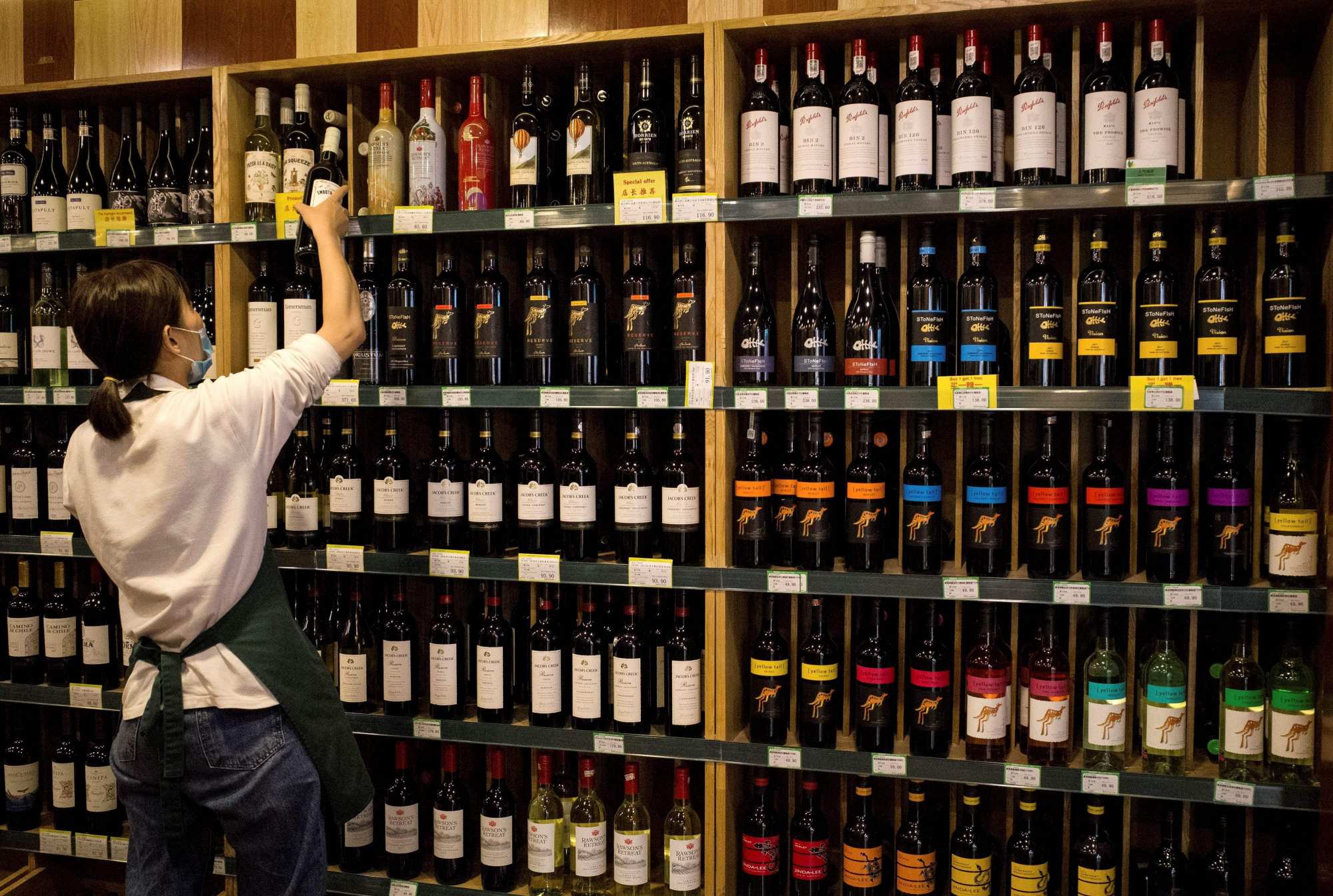
China-Australia relations: Canberra ‘ready to sit around the table’ with Beijing again, PM Scott Morrison says
- Australia’s attempts to make contact with China have repeatedly failed after bilateral ties nosedived last year
- Canberra’s trade minister said on Sunday he wrote to his Chinese counterpart in January and was ‘still waiting for a response’

In a radio interview on Thursday, the Australian prime minister said “barley producers in Australia, winegrowers in Australia, have been targeted with trade sanctions that we believe are completely unconscionable”.
Beijing has said that Australian wine was being subsidised and sold under market value, a view that has been rejected by the Australian government.
China’s reprisals at Australia have hit a range of other commodities including coal, beef, barley and lobster. China was the top buyer of Australian wine before Beijing imposed tariffs, buying close to A$1 billion (US$773 million) worth of wine in 2019, about 40 per cent of all wine exports.
China’s ‘unconscionable’ trade sanctions warrant action, Australia’s PM says
Australia’s attempts to make contact with Chinese authorities have repeatedly failed. In an interview on Sky News on Sunday, Trade Minister Dan Tehan said he wrote a letter in January to his Chinese counterpart laying out ways they could constructively engage. “I’m still waiting for a response,” he said.
Can an underperforming Australian dollar help shift trade away from China?
Chinese officials claimed that growers were being subsidised and Australia had been dumping the product, a case that Australia strongly rejects. Still, the dispute process could take up to three years, according to Agriculture Minister David Littleproud.

